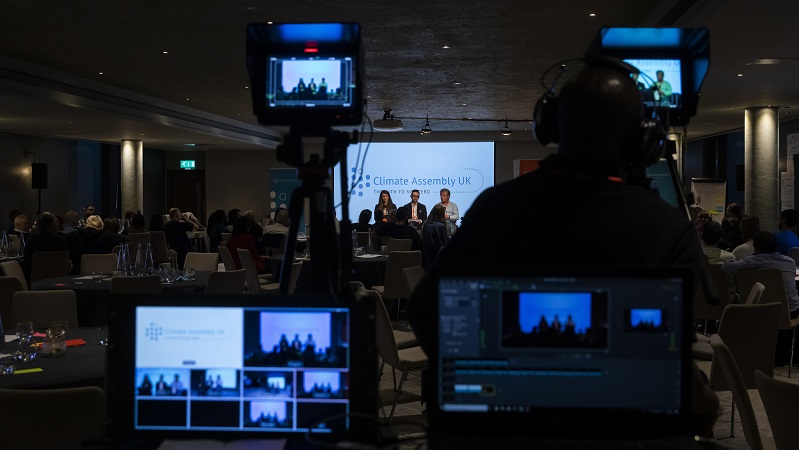Citizen assemblies in France and the UK are meeting online to shape public policies for the recovery, in response to social distancing measures. In France, 150 members met online in April 2020, putting forward 50 propositions, and calling for “socially acceptable” recovery measures and a “more human and more resilient” economic model. The UK’s 108-member Citizens Climate Assembly also met online in April and May and has just produced a report calling for the UK path to net-zero to be underpinned by education, choice, fairness and political consensus.

So what?
The crisis is accelerating the use of digital platforms to engage citizens in democracy. What’s more, we are seeing cross-fertilisation of ideas between national citizen assemblies: Sarah Allan of Involve, the public participation charity commissioned by the UK Parliament to facilitate the assembly, said that the assembly’s leaders were talking almost weekly with the French assembly to identify the best ways to engage the public in the shaping the response to the pandemic.
Perhaps unsurprisingly, proposals from the citizen assemblies reflect the desire for equitable social and economic systems, as well as sustainable ones. For instance, the French citizen assembly has put forward an investment plan for agriculture, which both promotes local food networks and ensures 50% of agricultural land is developed according to agro-ecology practices by 2040.
How can democracies adopt digital tools to enable much wider participation in citizen assemblies? What might they learn from leading digital democracies, such as Taiwan?


















Join discussion